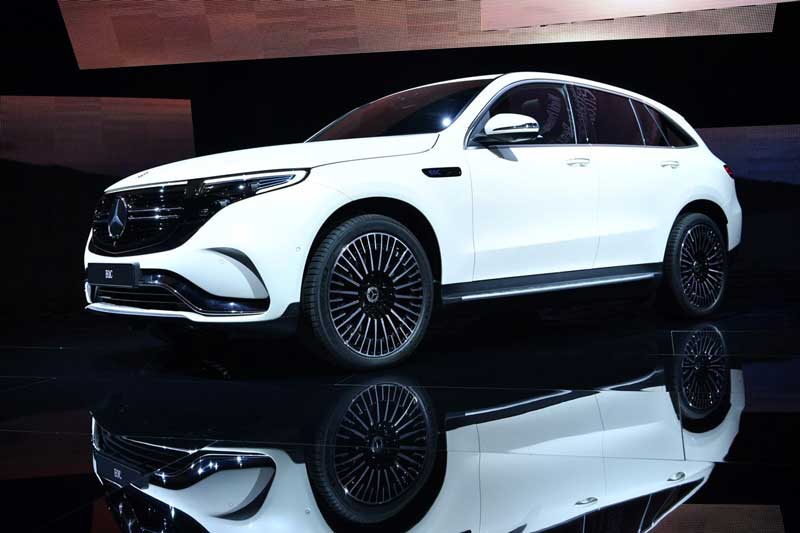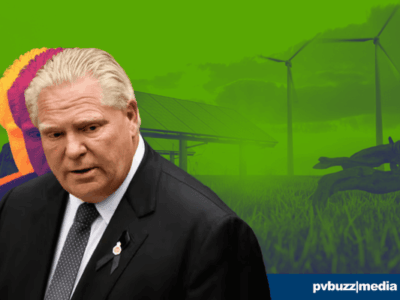Mercedes-Benz has announced that it will adopt the Tesla charging port for future EVs and a planned charging network in North America.
This move will offer Mercedes-Benz EV owners access to over 12,000 charging stations in the region.
Mercedes-Benz is the first German automaker to do so.
The automaker joins other brands such as Ford, GM, Rivian, Volvo, and Polestar who have already committed to adopting Tesla’s NACS (North American Charging Standard) charging port.
Mercedes-Benz will offer an adapter in 2024 to allow owners of current EVs to use the Tesla Supercharger network, followed by the incorporation of the port in vehicles starting in 2025.
Tesla’s Supercharger network is the largest global fast-charging network in the world with over 45,000 Superchargers.
The Supercharger network enables long-distance driving with fast-charging stations positioned along major highways.
Mercedes-Benz has a lineup of fully electric vehicles including the EQB Luxury Electric SUV and the flagship EQS electric sedan.
Mercedes-Benz intends to have a Battery Electric Vehicle (BEV) version of all their car models by 2022 and by 2025, the manufacturer would focus on EVs as all newly launched architectures will be electric.
This move towards a single charging standard is expected to make the transition to electric vehicles more seamless for customers and could help move the industry towards a single North American charging standard.
It will also cut down on the number of apps and accounts needed for public charging and reduce reliance on cumbersome CCS fast-charging locations.
Mercedes-Benz’s decision to adopt Tesla’s NACS charging port is a significant step towards a more unified and convenient EV charging infrastructure.
This move, along with similar commitments from other major automakers, is expected to greatly benefit EV owners and accelerate the transition towards sustainable energy.












Comments